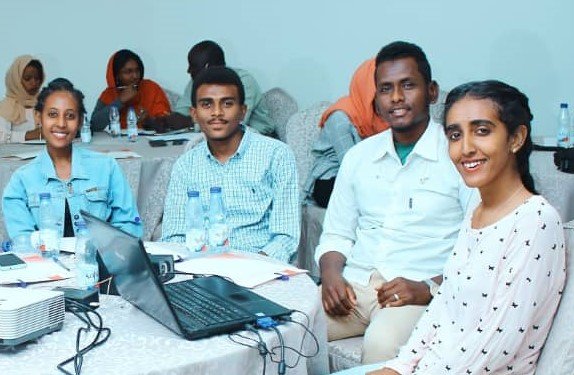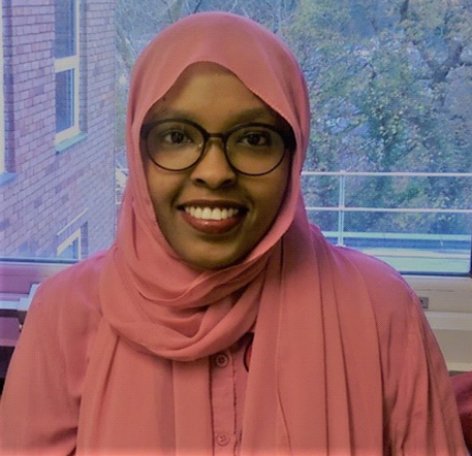Vocational Skills Development Scholarships for Blue and White Nile States
Overwhelmingly, the main cause for dropping out of education in Sudan is poverty. Children are kept from school either due to being unable to afford its cost, or due to the need to work to support their families. This creates and sustains the cycle of poverty: those without education are more likely live in poverty themselves, increasing the likelihood of their own children being unable to attend school and so also living in poverty.
About the project
Education, especially higher education, is a great equalizer: it can open the door to jobs because it provides skills and resources that families need not just to survive but thrive. Access to higher education is a globally recognized solution to breaking the cycle of poverty. This is, in part, because it also addresses many of the other issues that keep communities vulnerable. Education is the secret ingredient to ending extreme poverty as it has been shown to stimulate economic growth, reduce income inequality, reduce infant and maternal deaths, reduce vulnerability to HIV and AIDS and reduce gender-based violence at home and in society.
In 2021 WTI launched the White and Blue Nile Scholarship Fund with the objective to provide higher educational opportunities to rural youths and in particular young women. This will enable them to acquire skills that will give them the opportunity to be productive citizens and to eradicate poverty.
The White and Blue Nile States of Sudan have particularly poor educational outcomes:
The Blue Nile region has only 43% of primary school age children enrolled and attending school
Only 28% of these children progress to secondary school.
These figures are even worse for young women who are forced to get married and are always left behind when decisions are made for resource use in families.
Our students
Funded entirely through contributions from individuals, in 2021 WTI was able to open the scholarship fund with an initial 40 students successfully placed on courses at our partner institutions. The courses the students have been placed on will provide opportunities for employment immediately after they graduate from university. Current students study skills-based courses such as:
Accounting
Electrical engineering
Nursing
Anaesthesia
Civil Engineering
Students are selected not just on their academic background, but with a particular focus on their need, prioritising those from marginalised and minority communities in the White and Blue Nile regions of Sudan.
To ensure their success, students are supported through our monitoring and pastoral care programme conducted through our full-time Scholarships and Education Officers in our Khartoum office, as well as through the field team in Damazine, Blue Nile State. In monthly visits to the universities, we meet with students and teaching staff to identify and act on any further areas of support needed.
How do our projects make a difference?
Projects like this contribute to increasing access to and the quality of education for conflict-affected communities in eastern Africa and the Horn of Africa. Find out how this makes a difference below:








